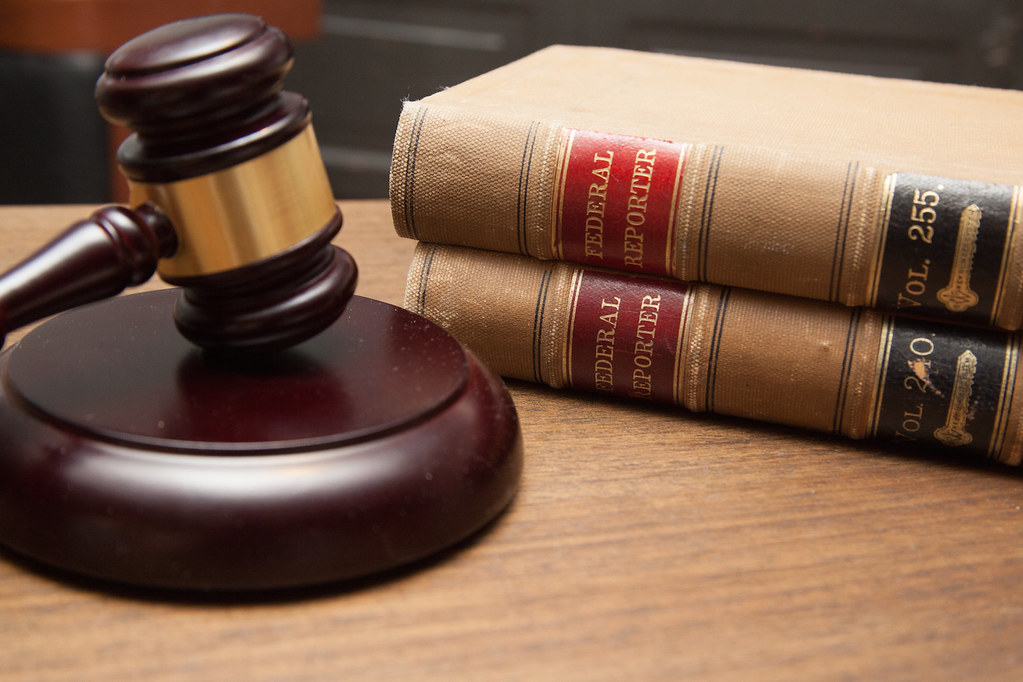Key Takeaways
• Judge Chutkan questions if she has power over a new deportation case.
• The United States sent African migrants to Ghana, which then forwarded them to risky countries.
• Plaintiffs ask Judge Chutkan for quick relief to stop further harm.
• The judge may transfer the lawsuit to another court in Boston.
• Final rulings could shape future deportation rules.
Judge Chutkan Raises Doubts Over Jurisdiction
In a recent hearing, Judge Chutkan expressed concern that she might lack authority over a fresh lawsuit. The case targets the current administration’s decision to deport certain African nationals to Ghana. Plaintiffs worry that Ghana is sending them on to countries where they could face torture or persecution. Moreover, four of the migrants are already in Ghana. One has even reached Gambia.
Background of the Lawsuit
This case, titled D.A. v. Noem, challenges a new form of deportation. Unlike past challenges, it focuses on a narrow promise. The United States obtained diplomatic assurances from Ghana. Ghana pledged not to send those migrants on to places where they face harm. Yet, plaintiffs allege Ghana is breaking that promise with U.S. knowledge.
The American Civil Liberties Union filed the suit. Attorney Lee Gelernt argues that the U.S. government must at least ask Ghana to hold off further deportations. He wants interim relief. Specifically, he wants the judge to order immediate steps to protect the migrants. If Judge Chutkan acts, it may resemble a limited order the Supreme Court once issued.
Why Jurisdiction Matters
A court needs jurisdiction, or legal power, to make decisions. If Judge Chutkan lacks jurisdiction, she cannot rule on the case. She hinted she might transfer it to Judge Murphy in Boston. That judge oversees a broad class-action on third-country deportations. Plaintiffs worry a transfer could delay protections. Meanwhile, the migrants in Ghana may face immediate danger.
Judge Chutkan at the Hearing
During a phone conference, the judge voiced her worries. She said she might not have the authority to decide on this specific group. She noted the four plaintiffs are already beyond U.S. borders. As a result, she wondered if the case belongs in Boston under the DVD class-action. However, she promised to issue an order soon.
What Plaintiffs Are Asking
First, they want the U.S. to instruct Ghana not to send these migrants onward. Second, they want a judge to hold a quick hearing. Third, they seek clear rules preventing the U.S. from collaborating on harmful deportations. In their view, the government agreed only to safe transfers. Now, they say the administration is ignoring that deal.
Possible Outcomes
If Judge Chutkan keeps the case, she could:
• Order the U.S. to demand that Ghana pause further moves.
• Grant limited relief without ruling on the entire case.
• Decide she lacks jurisdiction and send the case to Boston.
Alternatively, if she transfers the suit, Judge Murphy could set new deadlines. However, that could buy the government more time. In the meantime, at least one migrant already faced risk in Gambia.
Why This Case Matters
This lawsuit could reshape how the U.S. handles third-country deportations. So far, court orders barred direct removals to places where torture risks were high. Now, the issue is indirect removals via a safe third country. If courts allow such workarounds, detainees may lose vital protections. Thus, many rights groups watch this case closely.
Looking Ahead
Judge Chutkan said she will “get something out as soon as possible.” Observers expect a brief ruling on interim steps within days. Yet, a full opinion could come later, after more argument. Then, the judge will clarify whether she retains jurisdiction. If not, the fight will shift to Boston.
In any scenario, this case tests the reach of U.S. courts. Moreover, it highlights how diplomatic assurances can be used or misused. Finally, it shows the crucial role judges play in protecting vulnerable people.
Frequently Asked Questions
What did Judge Chutkan worry about most?
She worried she might not have legal power to decide the case because the plaintiffs are already out of U.S. territory.
Why could the case move to Boston?
A similar class-action there covers third-country deportations, so the judge might transfer it to avoid overlapping cases.
What kind of relief do plaintiffs seek?
They want an immediate order asking the U.S. to tell Ghana not to forward migrants to risky countries.
How could this case affect future deportations?
A clear ruling could limit how the government uses diplomatic assurances to send migrants through a third country.
